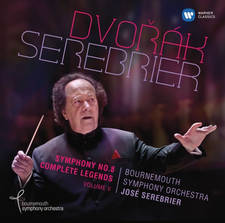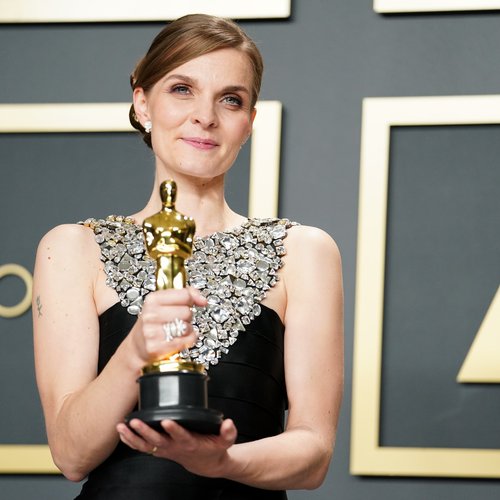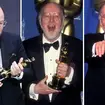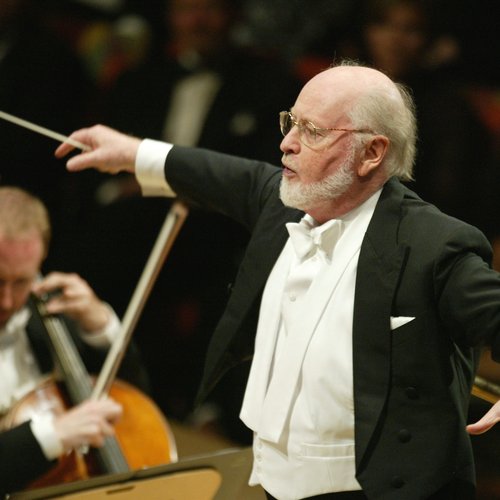John Williams: The Book Thief - an album guide
Discover the haunting , BAFTA-nominated soundtrack to the World War II drama based on Markus Zusak's novel of the same name, written by the legendary John Williams.
-
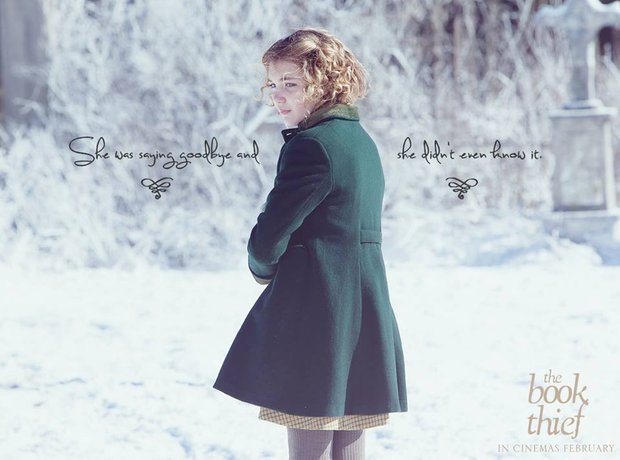
1. One Small Fact
This is one of the few non-Spielberg, non-franchise movie scores that Williams has written in recent years and it begins in a suitably spell-binding fashion. More tense and less melodically obvious than much of his Hollywood work, this is a delicate entry into the world of The Book Thief.
-
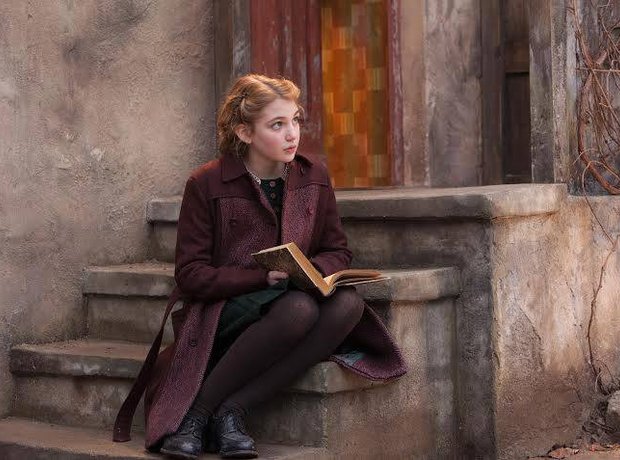
2. The Journey To Himmel Street
Brooding and unresolved harp and piano lines cross over, while plangent strings lay in the background waiting to develop into something bigger, but Williams keeps the mood on a tight leash here.
-
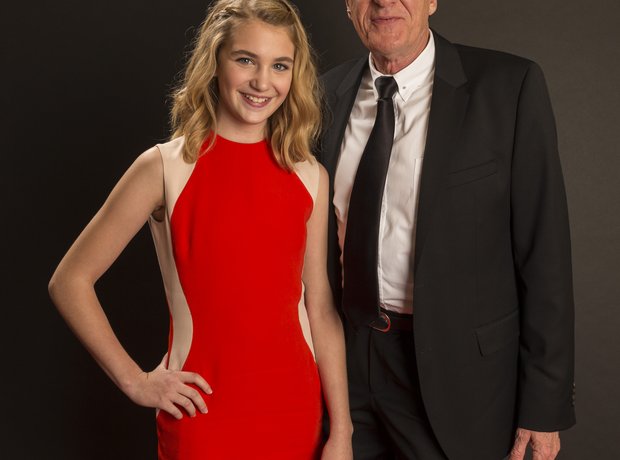
3. New Parents and a New Home
The titular Book Thief, Liesel Meminger (played by newcomer Sophie Nélisse, pictured with Geoffrey Rush ), is our guide through the story which takes place against the backdrop of World War II. This deceptively upbeat section prefigures a terrible tragedy that sets a whole chain of events into motion.
-
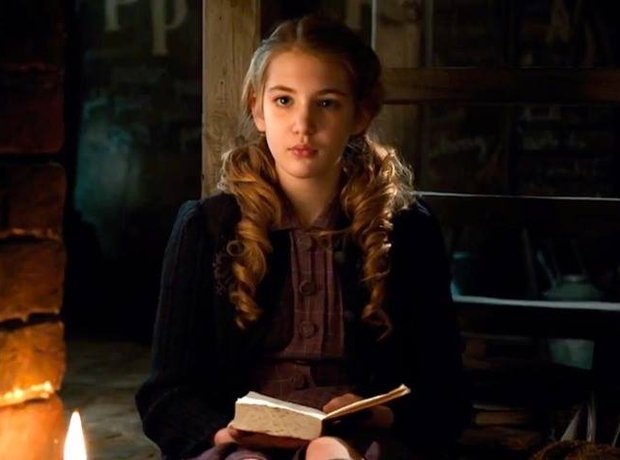
4. Ilsa's Library
Meminger cannot read when we join the story, but thanks to a new friend she makes who begins to teach her, she becomes a voracious reader. In this extract, Williams turns a library into a quiet sanctuary, a very important place for the Book Thief herself.
-

5. The Snow Fight
Williams makes things a little jauntier here, a brief respite from the drama as we hear the gambolling fun of the snow.
-
-
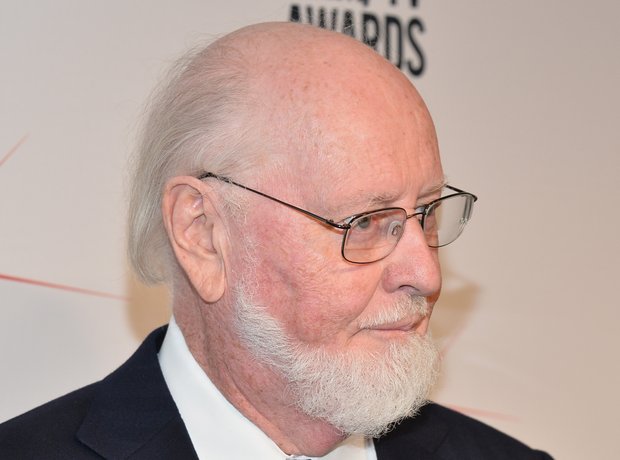
6. Learning to Read
One of the key themes of the film and of its source novel is that of learning to read, and this plaintive theme captures the rush of excitement that Liesel experiences when she begins to explore the literary world, brought to life in John Williams' (pictured) score.
-
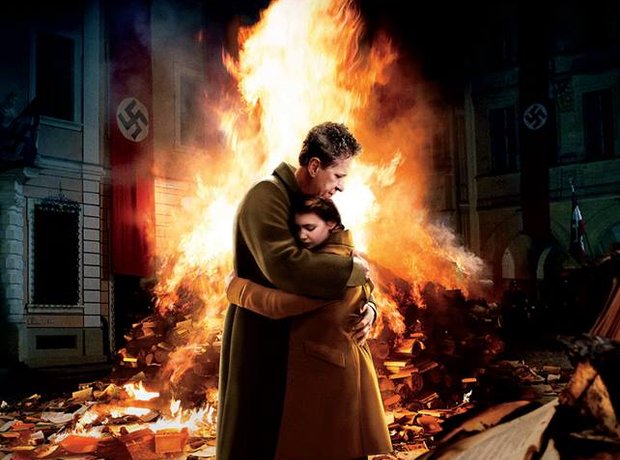
7. Book Burning
book thief album guide
-
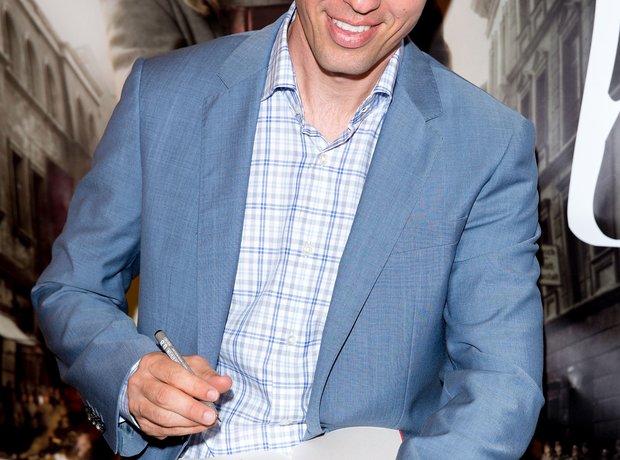
8. I Hate Hitler!
Far from the aggression of the title, this surprisingly quiet and delicate theme utilises one of Williams' least-featured instruments, the clarinet, to full, meek effect. Here's the novel's original writer, Markus Zusak, at the movie's premiere.
-
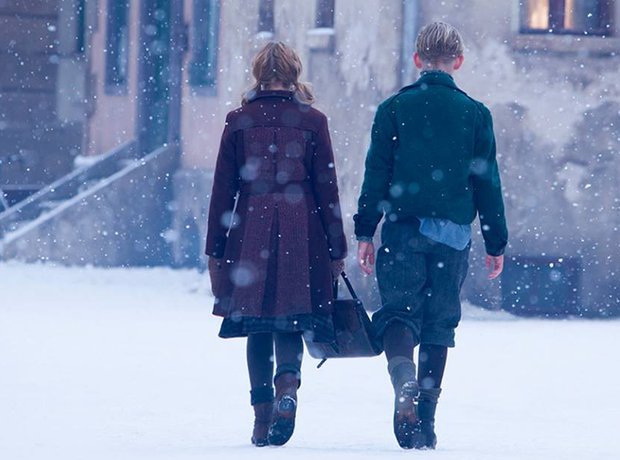
9. book thief album guide 1
book thief album guide
-
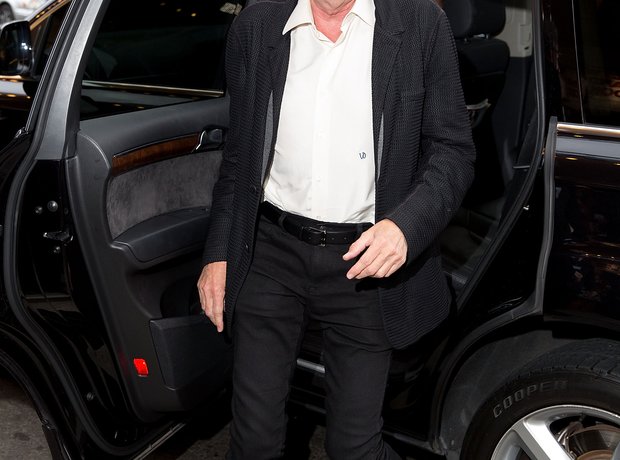
10. The Train Station
Another plaintive theme that hints at sadness still to come in these difficult times. It's a perhaps unusually slow and deliberate middle period for a John Williams score, but the emotional dividends it pays are well worth it. Here's Geoffrey Rush at the film's premiere.
-
-
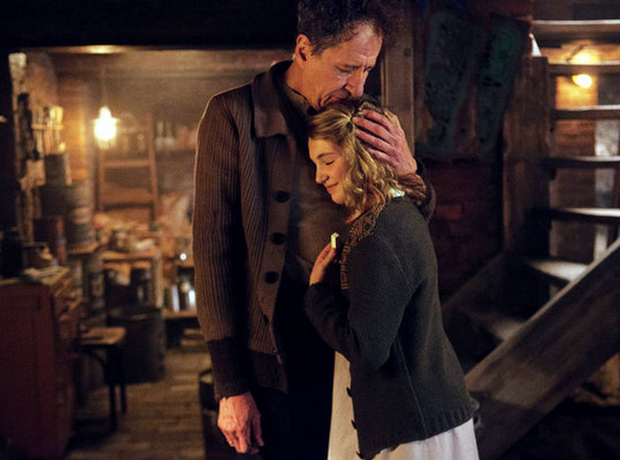
11. Revealing The Secret
As the subtle tones continue to come forth from Williams' score, we are put in mind of his work on Schindler's List. It's emotional, yes, but it never once becomes pitiful - there is always enough grit and determination in the sound to stop it from becoming saccharine.
-
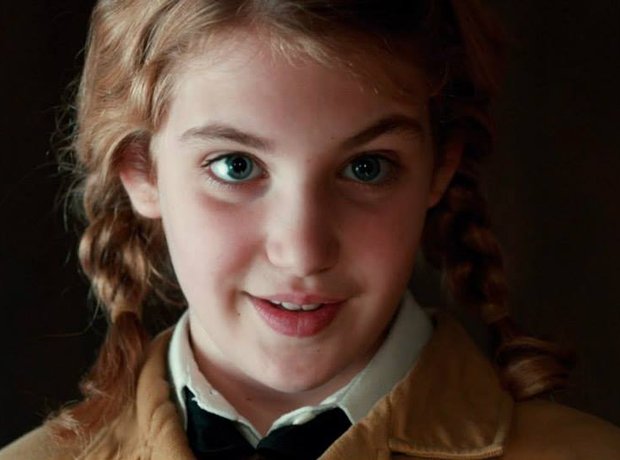
12. Foot Race
The tempo rockets up here with a flutter of strings, and we're given a glimpse of what John Williams is perhaps most comfortable with - flurries of positivity and whimsy.
-
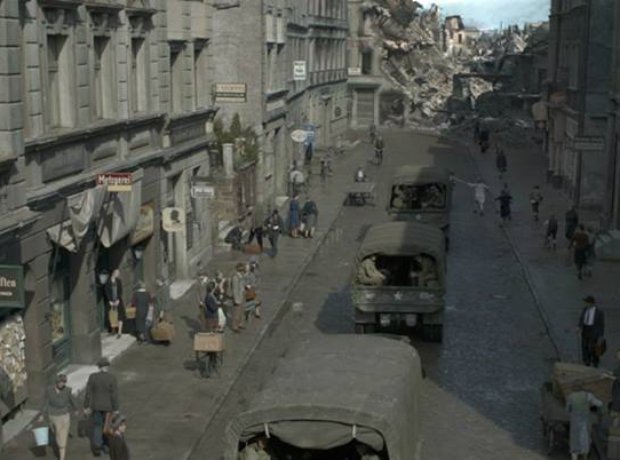
13. The Visitor at Himmel Street
Geoffrey Rush plays the role of Han Huberman, Liesel's foster father. The site of Himmel Street ends up being a pivotal location for him, and even more so in regard to his foster daughter. Again, a plaintive Williams theme sums up their relationship beautifully.
-
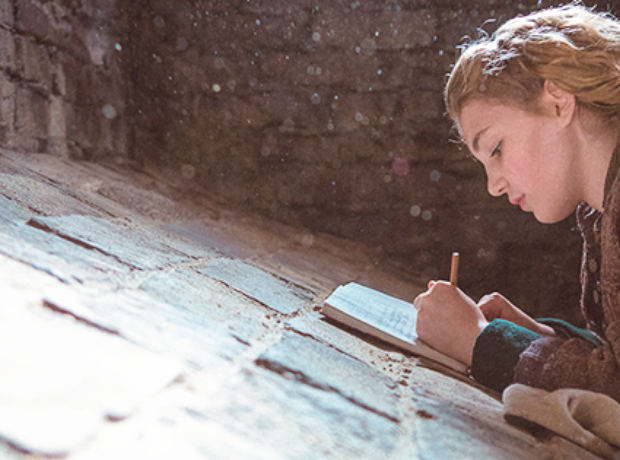
14. Learning To Write
Having learned to read, Liesel is now required to learn to read as well. It is no small task, but her endeavour to succeed is captured perfectly in this busy string-led melody.
-
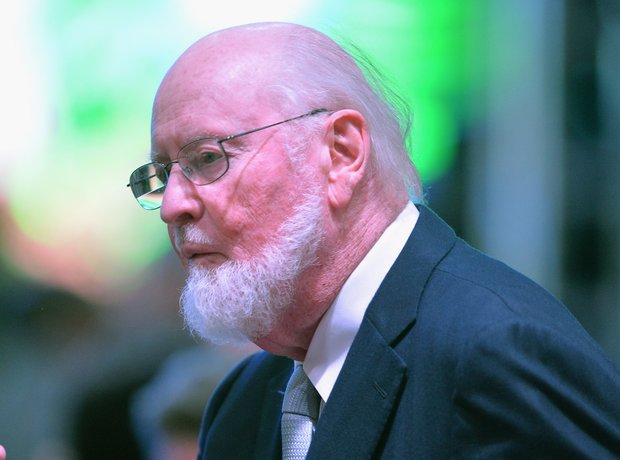
15. The Departure of Max
Max, played by Ben Schnetzer in the film, is a true friend to Liesel throughout. When he is called to leave to protect himself from the searching eyes of the Nazis, Liesel's life takes yet another blow.
-
-
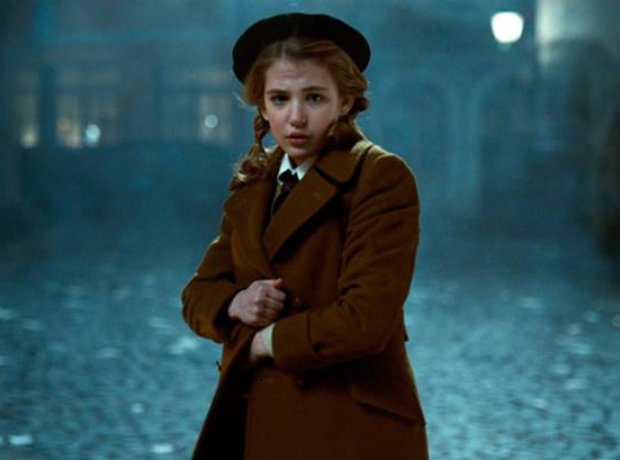
16. Jellyfish
Incongruously titled but beautifully played by clarinet and harp, this is an enigmatic little number that feels both mysterious and intimate.
-
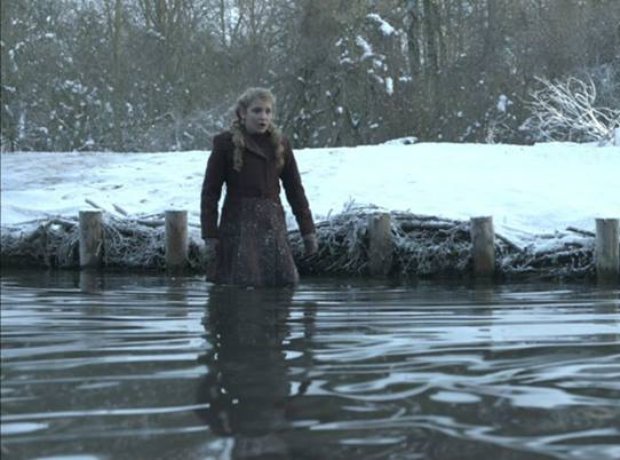
17. Rescuing the Book
As the title of the whole film suggests, the narrative hinges on the whereabouts of one book in particular and, as we saw with the book-burning scene, keeping hold of one book in particular can be much harder than one might normally take for granted.
-
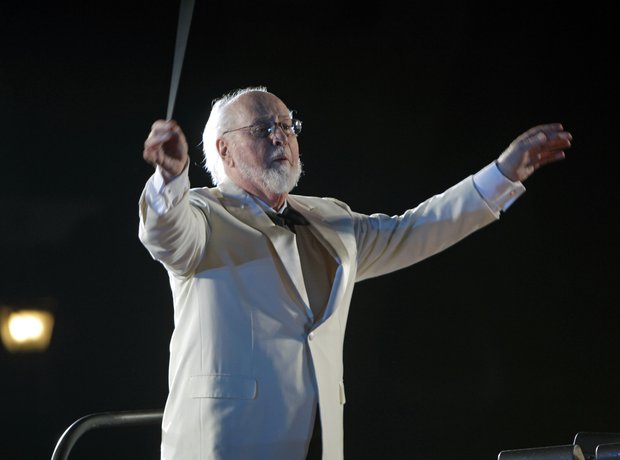
18. Writing to Mama
Now that she is able to write, the act of writing becomes something incredibly important to Liesel, and that significance is not treated lightly by the score.
-
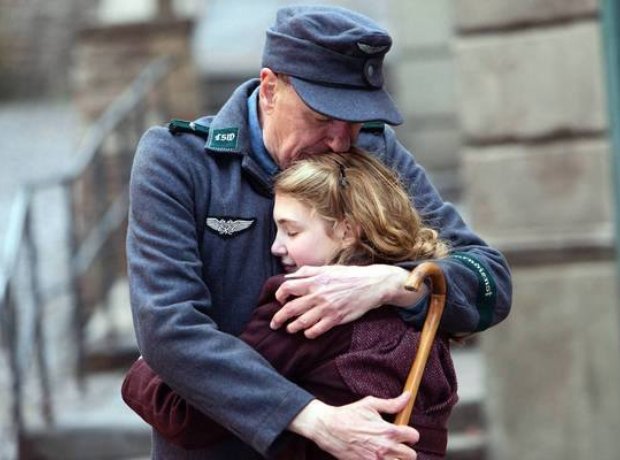
19. Max Lives
Incredibly, after all the hardships that he has endured far away from Liesel, it is revealed that Max was able to stay alive while he was in hiding, much to Liesel's delight. The score too reflects some of that relief, but this is by no means a simple outpouring of joy.
-
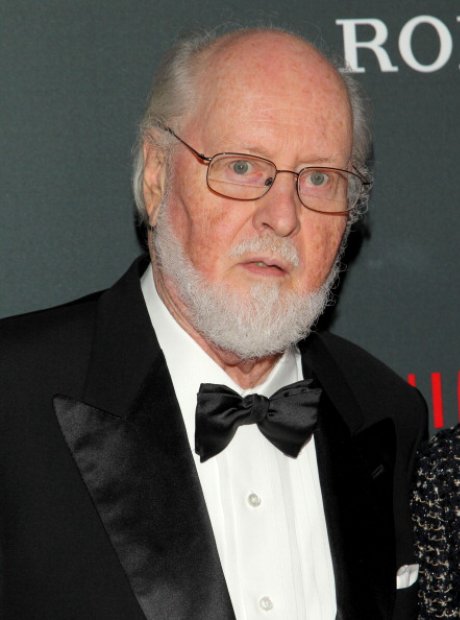
20. Rudy Is Taken
Again, tragedy strikes Liesel as one of the biggest figures in her life is taken from her. Williams' writing is sombre and heartfelt in a way that we haven't heard since his dramatic score for Schindler's List.
-
-
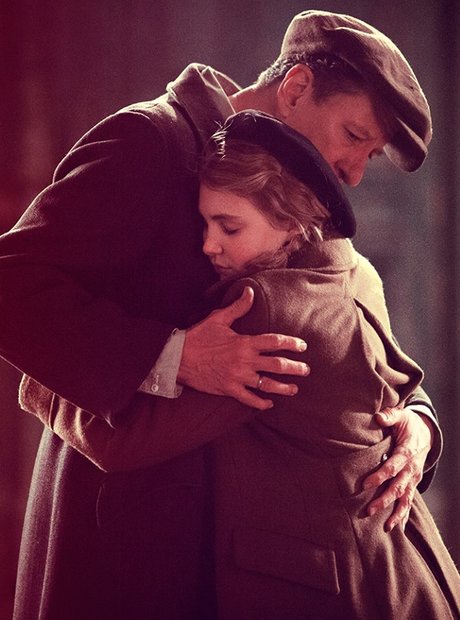
21. book thief album guide 14
The meandering piano melody that characterised the early part of the soundtrack makes a return at the film's closing, wrapping up the musical and cinematic themes that Williams has introduced throughout.
-
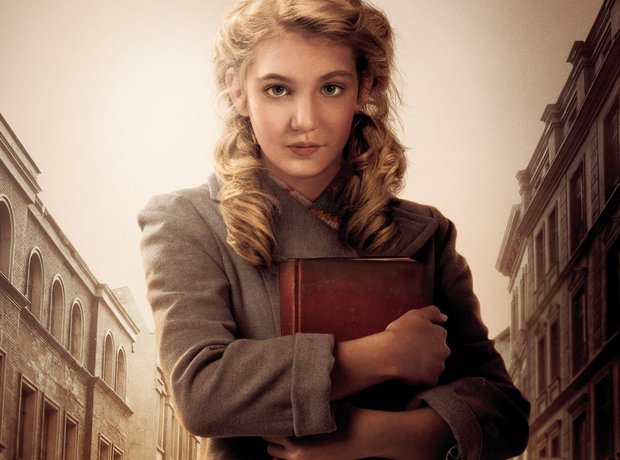
22. The Book Thief
In the soundtrack's longest and most complete excerpt, Williams turns stoic and melodic - a quietly emotional and stirring way to close one of the more remarkable and interesting scores that the soundtrack great has turned in in recent times.
